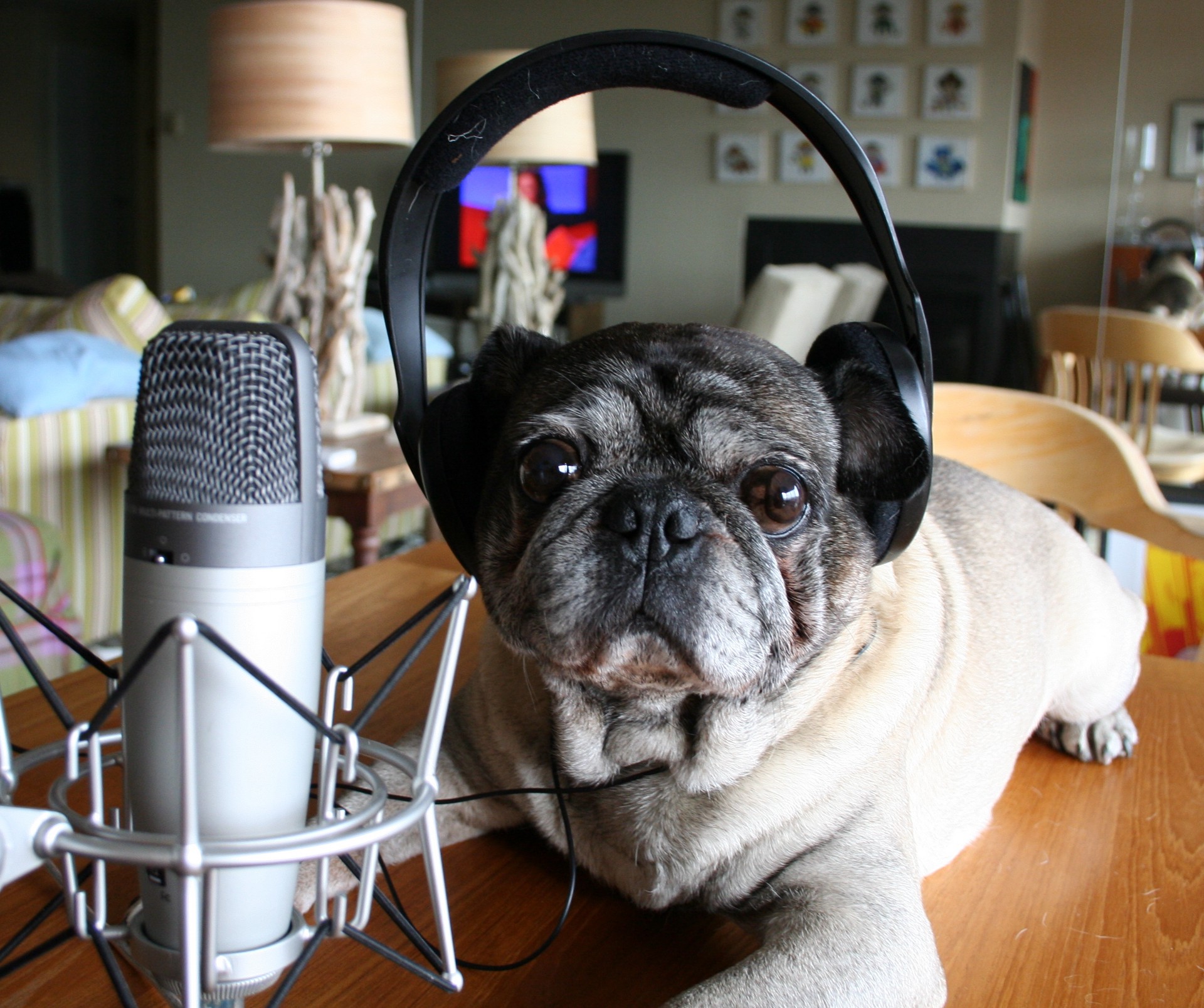Understanding Pro Wrestling
My earliest childhood memories involve watching pro wrestling on Sunday morning in my parents' basement. I would practice moves on my pillows for hours, sometimes days after my weekly ritual of theatrical pugilism. I fucking lived for this shit, like so many other kids. My testosterone-fueled obsession was met with perplexity and condescension by adults and I've heard more than my fair share of "you'll outgrow it, kid. It's fake, you know that? They don't hit each other for real." They were right, I've eventually outgrown pro wrestling in my teenage years and became interested with boxing instead.
But guess what? I came back.
The pleasures of pro wrestling are misunderstood. Since the WWE went worldwide and took cable television by storm in the 1980s, mainstream audiences could never fully make piece with the idea of cheering for oversized, steroid-pumped men acting in a soap opera for men. It always seemed like a silly form of entertainment, but is it? Have we become too sophisticated for this century-old form of entertainment or have we been thinking about it wrong all this time? I'm 34 years old today, I still watch pro wrestling and I'm more convinced than ever that my reasons are sound. Here me out.
The last form of public theater
Theater is one of the oldest forms of entertainment there is. The people of Ancient Greece were particularly fond of it and enjoyed nothing more than purging the shit out of their negative emotions in front of a riveting tragedy at the end of a long day of work. Have you even been to a play? It's a completely different exercise than going to movies. It's a place of little nuance. Comedians are projecting their emotions upon the crowd in an overt and energetic way. They do so because their craft rely on a relationship with a live audience rather than a camera. There is little room for nuance and ambiguity when every spectator needs to feels the same emotion in the same way.
The idea of rehearsed live public performances has survived for over two thousand years through carnivals, commedia dell'arte, murder partys, etc. That leads up to late-century America, pre-WWE days where pro wrestling was performed in set territories Each promoters had their designated areas where they could hold shows and foster bonds between their athletes and local crowds. Wrestling came to town at regular intervals like the carnival did and people reacted accordingly, like they still do when they go to live wrestling: they suspended social norms, cheered, yelled and sometimes verbally abused performers. They purged their emotions. If going worldwide ushered pro wrestling in the twenty-first century, it denatured its relationship to audiences a tiny bit.
The morality of pro wrestling
One of the greatest things about pro wrestling is that if offers some sort of a moral "safe space" where you can't ever be wrong if you assume what you do. The structure couldn't be any more simple: root for the good guy, boo the heel or be a counter-cultural cool guy and root for the heel because he's cooler anyway. These really are all your options at a pro-wrestling show. I suppose you can also be the geeky analyst guy who judges storylines and measures the quality of spectacle by historical perspective. It's inevitable given the archive available to us since pro wrestling's beginning on cable television, but it's a spectacle that's made to be enjoyed in the moment.
We now live in a world where popular vote on social media nominates heroes and villains. That makes the line between both concepts as muddled as it ever been. I mean, people NEED heroes and villains in order to make sense of their lives. Hilary Clinton was perceived to an establishment puppet during the preliminary Democratic party election against Bernie Sanders and when she found herself against Donald Trump in the presidential campaign, she became everything that was good in the world. People need certitude and the simple, yet rigid moral structure of pro wrestling offers that kind of certitude in a world where reality keeps shifting under your feet. There is good, there is evil and there are the cool counter cultural guys in between. It's very difficult to be an asshole while watching pro wrestling.
The purpose of contemporary Vaudeville
The million dollar question here is : why should you watch pro wrestling? Fair enough. Because emotional catharsis doesn't have a place anymore. There is no designated place to kick, scream and purge your emotions except for fuckin' Wrestlemania. Have we become too sophisticated for this process? Of course we haven't. Just open your Facebook timeline and take a hard look at it. It's a place designed not to upset you. If there is something that angers or offends you on it, despite the fact it comes from someone you've clearly identified as a friend, there are clear and easy steps to make it forever disappear. We haven't learned to deal with out emotions, we're just mapping a reality to avoid them.
Sure, pro wrestling is a throwaway form of entertainment. Very little of it has enough dignity to live in time. There are a couple iconic matches and rivalries, but the spectacle of pro wrestling is meant to be consumed and forgotten. It's meant to make you angry, unreasonable and childish. That allows you live out these emotions in a setting where it's the only thing that's expected from you. And if you are that person at a pro wrestling show, you will have gained precious perspective from it and you may think twice before letting that kind of behavior slipping into your everyday life. Let's not believe ourselves to be superior to the good people of Ancient Greece. They were people who understood the purpose and value of their leisure time. Let's give the last public theater a fair shot.






